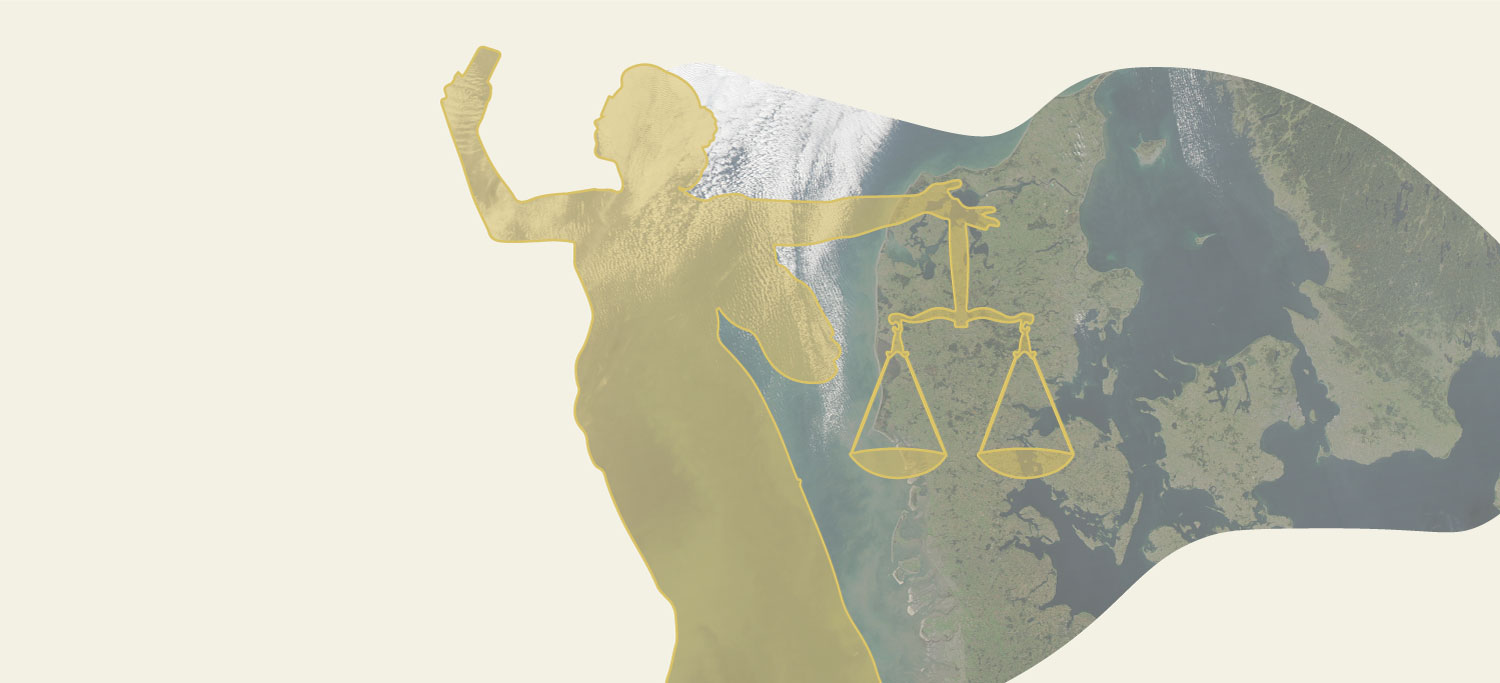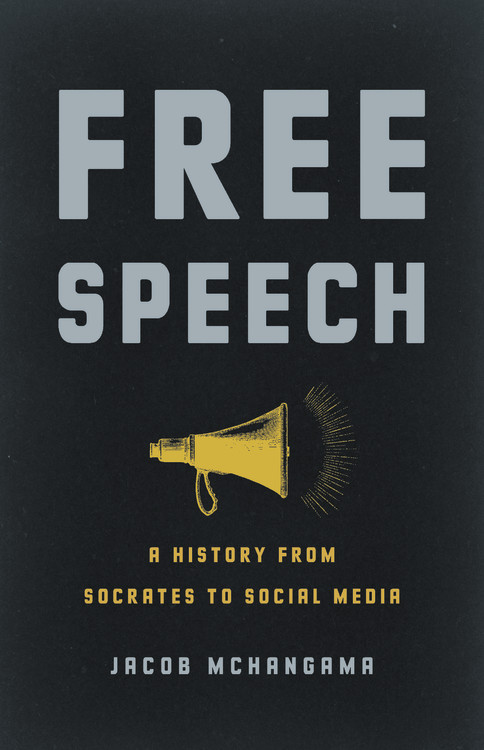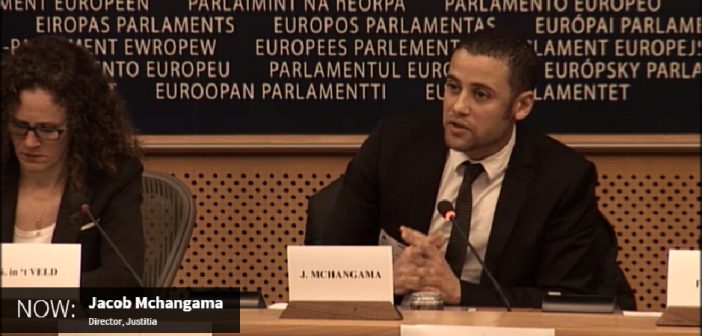

But in 213 BCE, he ordered Confucian literature and historical records predating his own reign to be burned and banned.

The Instruction of Ptah-Hotep, an Egyptian collection of maxims from around 2350 BCE, advised against speaking to “a greater man than yourself.… Speak when he invites you and your worth will be pleasing.” 3 The ancient Chinese philosopher Confucius (551–479 BCE) also stressed the importance of obedience toward superiors and rulers, asserting that “it is unheard of for those who have no taste for defying authority to be keen on initiating rebellion.” 4 You would think Confucius’s words were sweet music to the ears of China’s first emperor, Qin Shi Huang, when he ascended the throne some three centuries later. These laws reflected the strict hierarchies that ordered large ancient civilizations, many of which were headed by rulers thought to govern by divine right or even-as in Egypt-to be divine themselves. The Hittite laws, put in place in present-day Turkey around 1650–1500 BCE, decreed that “if anyone rejects a judgment of the king, his house will become a heap of ruins.” 1 According to the Hebrew Bible, the punishment for cursing “God and the king” was stoning. Judging from surviving law codes and writings, the great ancient civilizations protected the power and authority of their rulers from the speech of their subjects, not the other way around. While free speech has deep and ancient roots, for much of recorded history, speaking truth to power was ill-advised and often dangerous. Meticulously researched and deeply humane, Free Speech demonstrates how much we have gained from this principle-and how much we stand to lose without it. Yet the desire to restrict speech, too, is a constant, and he explores how even its champions can be led down this path when the rise of new and contrarian voices challenge power and privilege of all stripes. Wells and modern-day digital activists-Mchangama reveals how the free exchange of ideas underlies all intellectual achievement and has enabled the advancement of both freedom and equality worldwide. Through captivating stories of free speech’s many defenders-from the ancient Athenian orator Demosthenes and the ninth-century freethinker al-Rāzī, to the anti-lynching crusader Ida B. In Free Speech, Jacob Mchangama traces the riveting legal, political, and cultural history of this idea. Today, in democracies and authoritarian states around the world, it is on the retreat.

But it is a challenging principle, subject to erosion in times of upheaval. Hailed as the “first freedom,” free speech is the bedrock of democracy. “The best history of free speech ever written and the best defense of free speech ever made.” - P.J.


 0 kommentar(er)
0 kommentar(er)
